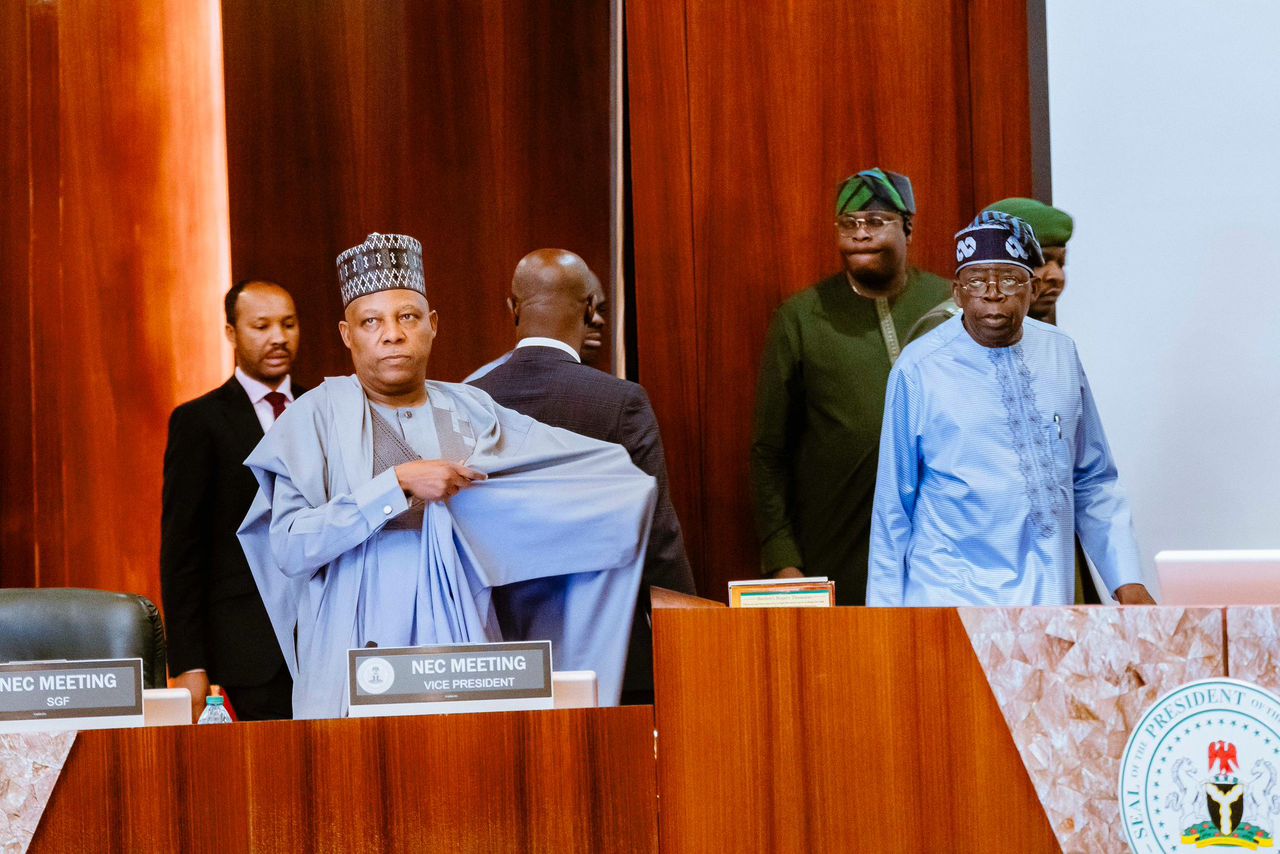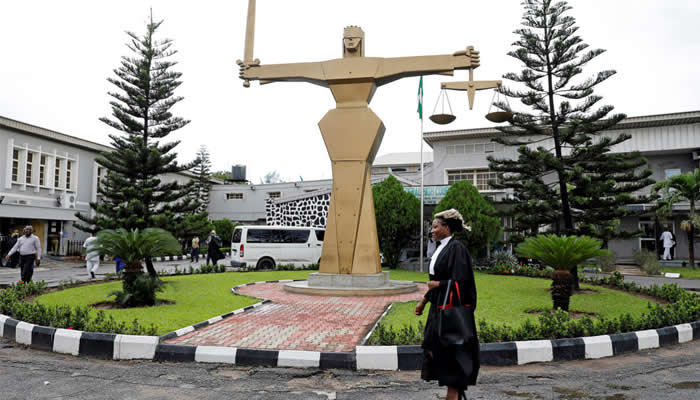The Federal Competition and Consumer Protection Commission (FCCPC) has cautioned traders across Lagos to stop the deliberate inflation of prices and to guarantee that their goods meet safety and authenticity standards.
Speaking at a Market Engagement Forum hosted by the commission in Lagos, the Executive Vice Chairman and Chief Executive Officer of the FCCPC, Mr Tunji Bello, delivered the warning through Mrs Bridget Etim, Principal Consumer and Business Education Officer.
He reaffirmed the FCCPC’s commitment to enforcing fair competition and protecting consumer rights, as stipulated under the Federal Competition and Consumer Protection Act (FCCPA) of 2018.
Bello reminded all traders—regardless of size or location—that the law applies to their operations. He referenced recent enforcement activity by the commission, which uncovered expired rice being re-bagged and marketed as premium brands at Daleko Market.
He described such conduct as both “wrong and illegal,” warning that it endangers public health and undermines the credibility of honest traders operating in the same space.
The FCCPC has extended its intensified oversight to several key markets in Lagos, including Mile 12 and Alaba International Market.
At Mile 12, the state’s largest food market, commission officials tackled issues such as altered scales, shortchanging, the repackaging of spoiled goods, and suspected collusion in the pricing of essential items like rice, yam, and pepper.
Similarly, at Alaba International Market, a major hub for electronics, the commission addressed complaints concerning counterfeit appliances, falsely advertised “Tokunbo” (fairly used) goods, fraudulent warranty claims, and coordinated price-fixing of consumer electronics such as televisions, mobile phones, and generators.
“These are serious violations. They don’t just threaten consumer safety or drain household income—they also violate core sections of the FCCPA 2018 that forbid deceptive conduct and exploitative pricing,” Bello said.
He noted that such practices also create an uneven playing field, penalising traders who abide by ethical standards.
While acknowledging the rising cost of doing business, Bello said the FCCPC would continue balancing its responsibility to protect consumers with its role in channelling legitimate concerns from the business community to the appropriate authorities.
He called on market leaders to work with the commission to foster a culture of integrity, where consumers can trust what they are buying and where fair competition is encouraged.
Traders, he said, must deal with customers with honesty and respect, respond to complaints promptly, and take an active role in promoting accountability across their markets.
He expressed optimism that this ongoing engagement would result in a stronger partnership with market associations, with the shared aim of eliminating dishonest practices.
Speaking at the forum, Alhaji Shehu Jibril, Chairman of Mile 12 Market, stated that ensuring the security of farmers is critical to Nigeria’s food supply, adding that many face threats of abduction while trying to grow and harvest produce.
He also called for government investment in Compressed Natural Gas (CNG) vehicles dedicated to transporting food, citing the health risks of using the same trucks for both chemicals and perishables.
Jibril decried the high cost of logistics, revealing that it currently costs over ₦150,000 to move goods from Kano to Lagos, driven in large part by excessive taxes. He appealed to the government to offer grants to support traders, particularly those in large-scale markets such as Mile 12, many of whom lack the capital needed to keep food supply chains running.
At Alaba, Chief Camilus Amajuoyi, Chairman of the Alaba International Amalgamated Council of Sections, voiced support for the FCCPC’s efforts and affirmed the market’s dedication to honest trading. Amajuoyi, who also chairs the International Market Association Electronics, recalled previous interactions with the commission that had yielded positive outcomes.
The President-General of Alaba Council also commented on the direction the market is taking. He said traders are now embracing local brands and shifting away from foreign products, stressing that most goods sold in the market today are Nigerian-made.
“Most products here are indigenous. We are selling our own branded goods now,” he explained.
Amajuoyi dismissed allegations that counterfeit goods were being openly sold in the market. “We are not selling fakes. Although some of us have stopped selling imported goods,” he said.
He pledged that the market leadership would collaborate with the FCCPC to identify and report traders dealing in substandard or counterfeit products. “Such illegal acts damage Alaba’s reputation. We are ready to work with you. The executives will trace and apprehend those selling fake or adulterated goods,” he said.







